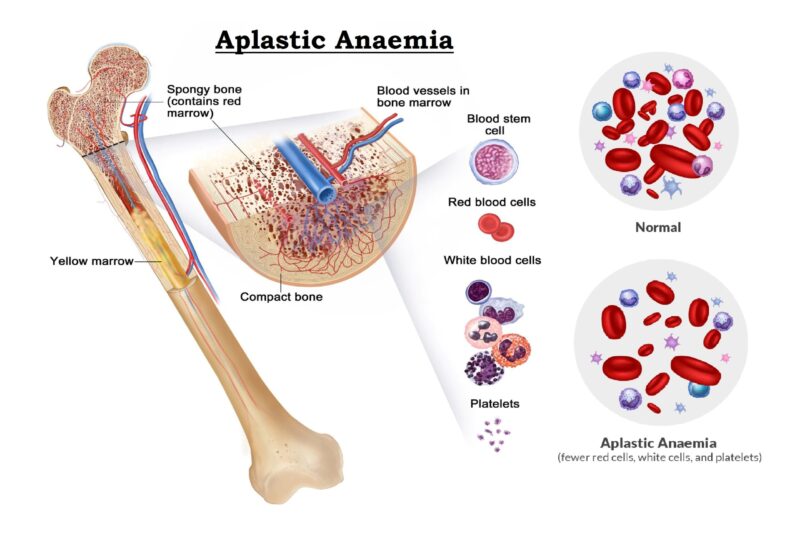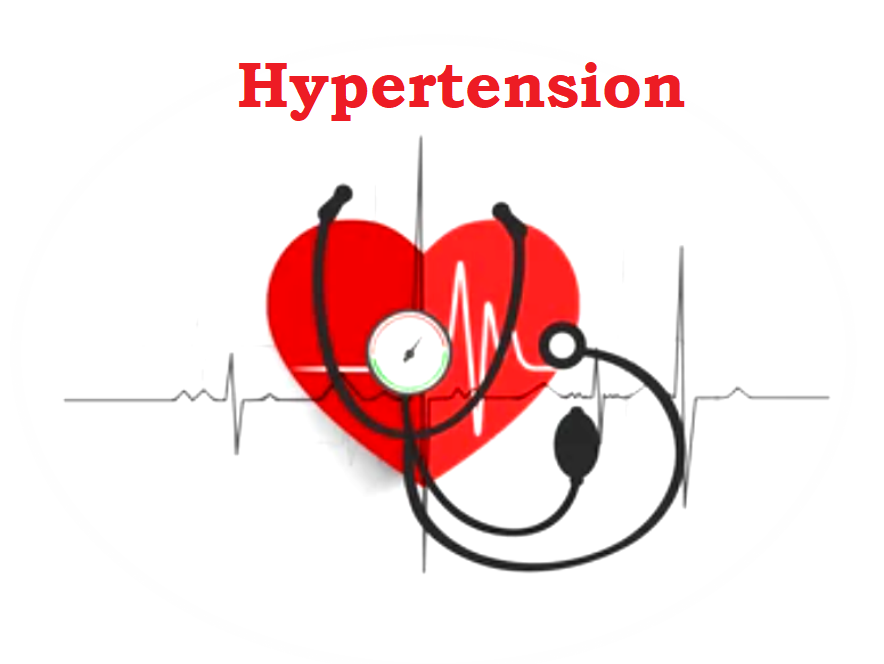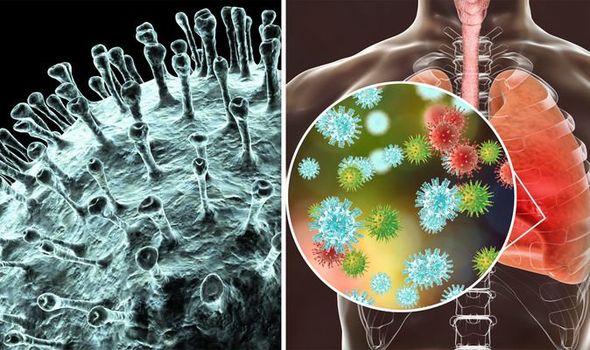Coronaviruses typically cause common cold symptoms, but two previously identified beta-coronaviruses, SARS-CoV and MERS-CoV, can result in severe pneumonia and death. Now, a third human coronavirus linked to serious illness — provisionally called 2019-nCoV - is spreading rapidly around the globe after first being described in Wuhan, China. Three reports describe the clinical and epidemiologic features of some of the first cases of this novel infection.
The most common symptoms of COVID-19 are fever, dry cough, and tiredness. Other symptoms that are less common and may affect some patients include aches and pains, nasal congestion, headache, conjunctivitis, sore throat, diarrhoea, loss of taste or smell or a rash on skin or discoloration of fingers or toes. These symptoms are usually mild and begin gradually.
Some people become infected but only have very mild symptoms. Symptoms of 2019-nCoV may appear in as few as 2 days or as long as 14 after exposure. This is based on what has been seen previously as the incubation period of MERS viruses. For confirmed 2019-nCoV infections, reported illnesses have ranged from people with mild symptoms to people being severely ill and dying.
The most common symptoms of COVID-19 are include:
- Fever
- Chills or dizziness
- Cough
- Tiredness
- Shortness of breath or difficulty breathing
- Nasal congestion,
- Conjunctivitis (also known as red eyes)
- Fatigue
- Muscle or body aches
- Headache
- New loss of taste or smell
- Sore throat
- Congestion or runny nose
- Nausea or vomiting
- Diarrhea
Other symptoms that are less common and may affect some patients include:
- Irritability,
- Confusion,
- Reduced consciousness (sometimes associated with seizures),
- Anxiety,
- Depression,
- Sleep disorders
Symptoms of severe COVID‐19 disease include:
- Shortness of breath,
- Loss of appetite,
- Confusion,
- Persistent pain or pressure in the chest,
- High temperature (above 38 °C),
- More severe and rare neurological complications such as strokes, brain inflammation, delirium and nerve damage.
People of all ages who experience fever and/or cough associated with difficulty breathing or shortness of breath, chest pain or pressure, or loss of speech or movement should seek medical care immediately. If possible, call to health care provider, hotline or health facility first, so he/she can be directed to the right clinic.





